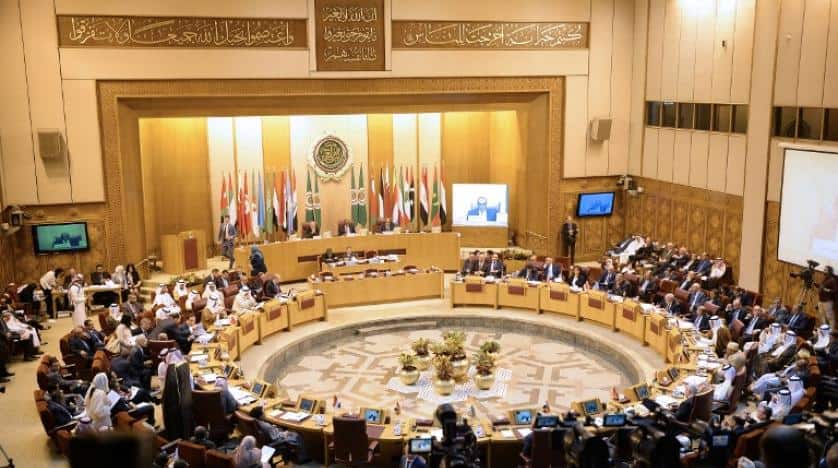Cairo, Egypt–The Arab League has called for efforts to confront drought and desertification in light of number of Arab countries lacking water resources, which resulted in land degradation and lack of agricultural land.
This came on the occasion of the 29th World Day to Combat Desertification and Drought, themed “Her Land. Her Rights”, said Arab League in a statement.
The day will focus on women’s land rights as a vital component to achieve the global goal of gender equality and land degradation, statement added.
It noted that drought is one of the most important issues that the Arab League is following up through the Technical Secretariat of the Council of Arab Ministers Responsible for the Environment and Arab team concerned with international environmental conventions on biological diversity and combating desertification.
The Arab team meets periodically every year for coordinating Arab positions in this field and participating in the conferences of the United Nations Conventions on Biological Diversity and to combat desertification, it added.
More than 3.2 billion people, or two in every five, are affected by land degradation today and up to 143 million could move within their countries by 2050 to escape water scarcity and falling crop productivity caused by climate change.
These are the alarming figures provided this summer by the United Nations Convention to Combat Desertification (UNCCD). And with the report issued this week by the UN Intergovernmental Panel on Climate Change (IPCC) stating that the planet will reach a 1.5C increase in temperatures as early as 2030, leading to extreme drought, food shortage and floods, action must be taken.
“Land is worth so much more than the economic value we attach to it,” said Monique Barbut, UNCCD’s executive secretary. “It defines our way of life and our culture — whether we live in the city or villages. It purifies the water we drink. It feeds us. It surrounds us with beauty. But we cannot meet the needs and wants of a growing population if the amount of healthy and productive land continues to decline so dramatically.”
According to The Global Land Outlook, 45 percent of the food consumed globally comes from the world’s dryland areas and falling productivity, food shortages and water scarcity in these regions is creating insecurity.
It warns that about 20 percent more productive land was degraded from 1983 to 2013, with Africa and Asia facing the greatest threats.
Desertification is the degradation of arable and productive land, of which the region does not have much to begin with. The added use of intensive agriculture coupled with chemicals, pesticides and salt water, have worsened levels of land productivity.
“We consider desertification a major environmental problem but, in reality, it’s also economic and social in the region mostly,” said Dr. Azaiez Ouled Belgacem, regional coordinator of the Arabian Peninsula Regional Program at the International Center for Agricultural Research in the Dry Areas (Icarda) in Dubai. “We have a very precarious and harsh environment with very high temperatures, low rainfall and high humidity but it’s now worsening because of climate change.”

